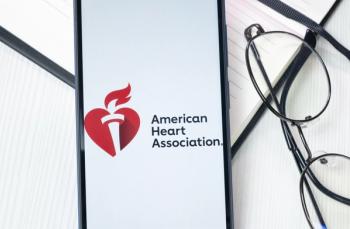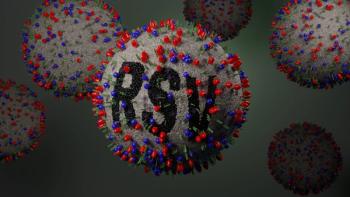
Breastfeeding reduces the severity of LRTIs in infants
A recent study examined the links between breastfeeding and preterm birth history with hospitalization duration due to LRTIs in infants and toddlers.
A recent study investigated the links between breastfeeding and preterm birth history with the duration of hospitalization due to lower respiratory tract infections (LRTIs) in infants and toddlers.
LRTIs are among the leading causes of morbidity and mortality among infants and young children, accounting for about 12,197.8 new cases per 100,000 children aged less than 5 years worldwide.1 The study found that infants who were breastfed for more than 6 months had recovered after a mild infection and thus experienced a lower duration of hospitalization due to LRTIs than infants who were breastfed for less than six months.2
The study included 125 patients with a mean age of 9.44 months. Among the patients, nine had a history of premature birth, defined as any birth before the completion of 37 weeks of gestation. However, no significant differences were found in hospitalization duration due to LRTIs among infants with and without a history of preterm birth.
Daniel Ganjian, MD, a pediatrician at Providence Saint John’s Health Center in Santa Monica, California, said in regards to both the study and general breastfeeding pratices, “Stick to the motto: breast is best. As soon as you get pregnant or have a baby, team up with a great lactation consultant who can make the process as easy and enjoyable as possible. In addition, if you breastfeed, you will not have to worry about formula shortages.”
According to the American Academy of Pediatrics, infants should be exclusively breastfed for the first 6 months of birth and be continued breastfeeding for one year or longer.
Although breast milk has several bioactive factors that contribute to short- and long-term health outcomes, the study did not find breastfeeding to be responsible for reducing the frequency and improving symptoms of wheezing or incidence of atopy.
Preterm infants are at greater risk of developing respiratory infections due to immature lungs at birth and less strength to take nutrients from breastfeeding by mouth. In an attempt to resolve the issue, Ganjian suggested, “We can isolate the different ingredients in breast milk and see which ones help prevent such infections. We can then isolate this molecule from donors (or produce it synthetically) and give it to babies who cannot take breast milk because of contraindications to breastfeeding (eg, if mom is on strong medications).”
The authors concluded the study by encouraging exclusive breastfeeding for at least six months of age to improve the prognosis and reduce the duration of hospitalization in children with LRTIs.
BIO
Fazila Chauhan is a freelance medical writer in Pakistan.
References:
- Quantifying risks and interventions that have affected the burden of lower respiratory infections among children younger than 5 years: an analysis for the Global Burden of Disease Study 2017. Lancet Infect Dis. 2020;20(1):60-79. doi:10.1016/S1473-3099(19)30410-4
- Demir A, Karadas NO, Karadas U. Effect of breastfeeding and preterm births on the severity of lower respiratory tract infections and associated risk of hospitalization in infants and toddlers. Global Pediatric Health. January 2022. doi:
10.1177/2333794X221089762
Newsletter
Access practical, evidence-based guidance to support better care for our youngest patients. Join our email list for the latest clinical updates.








